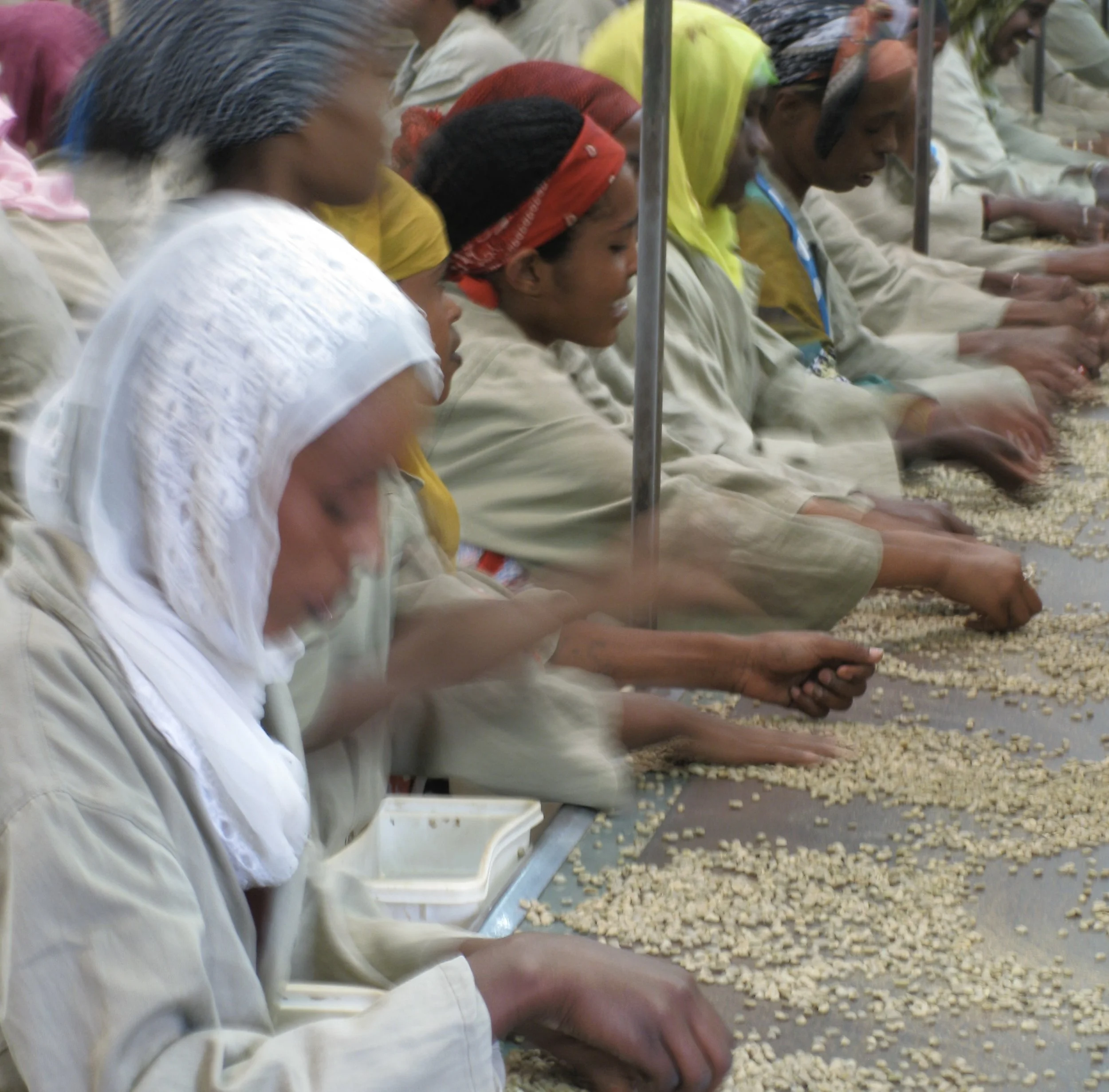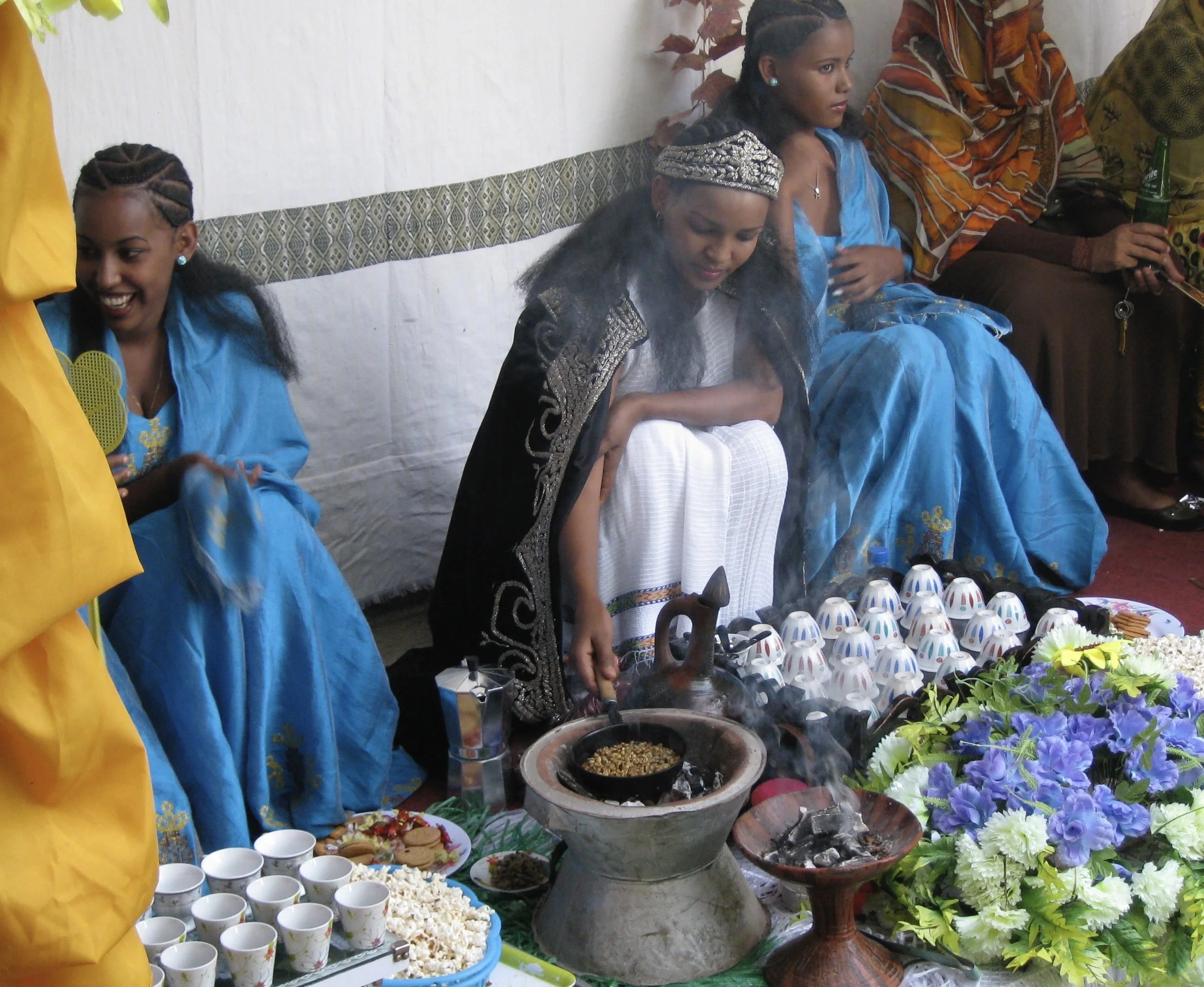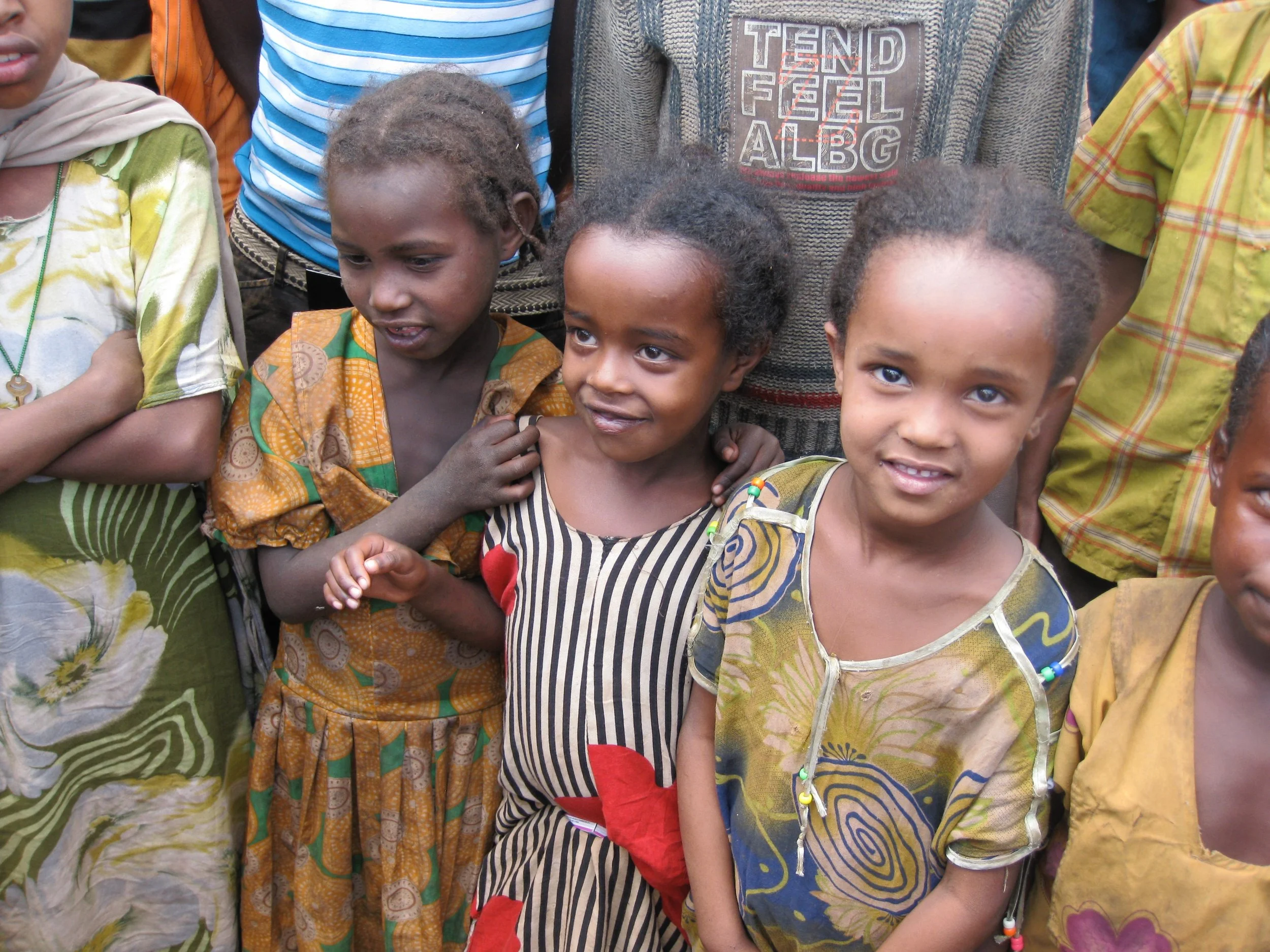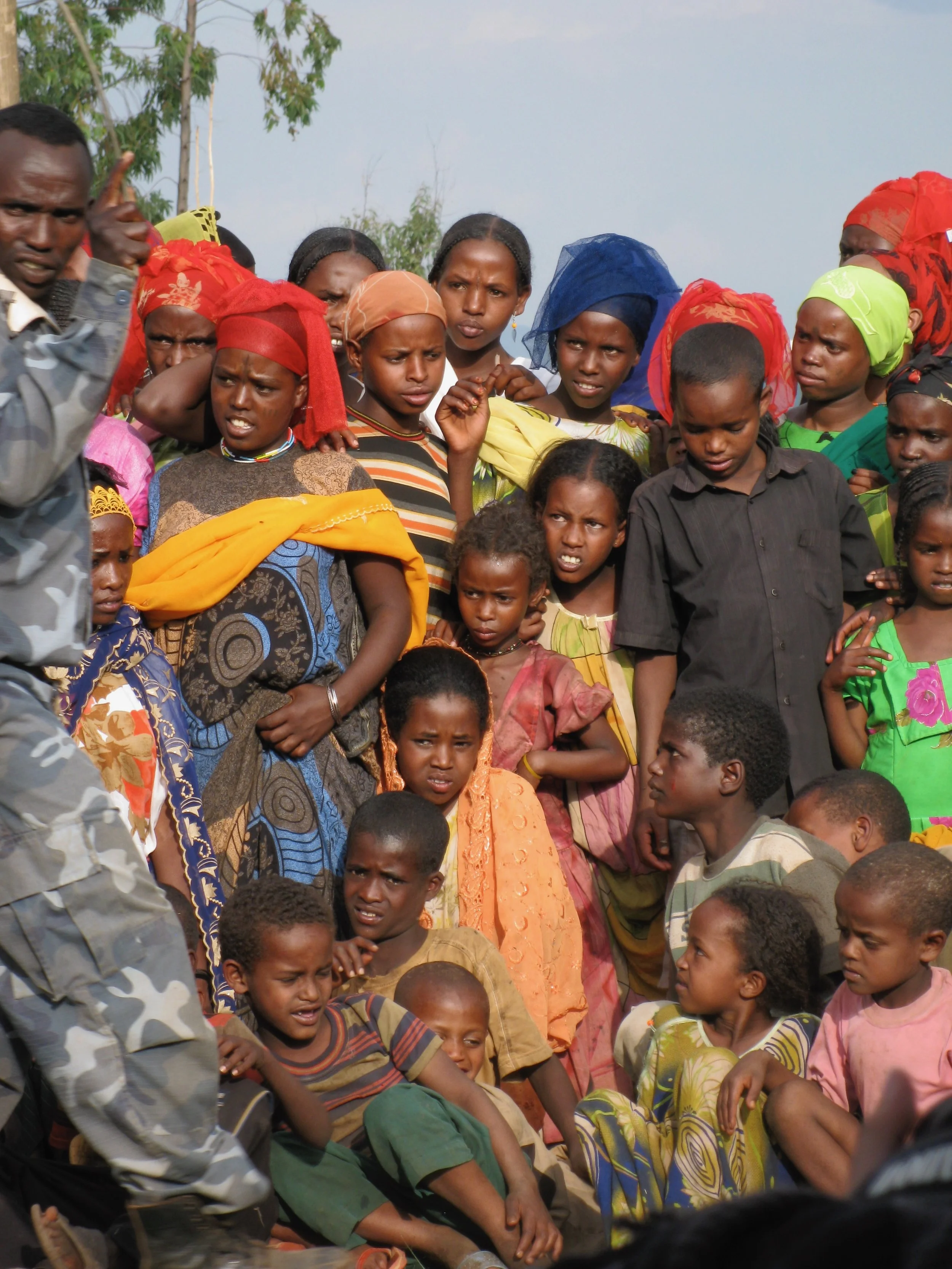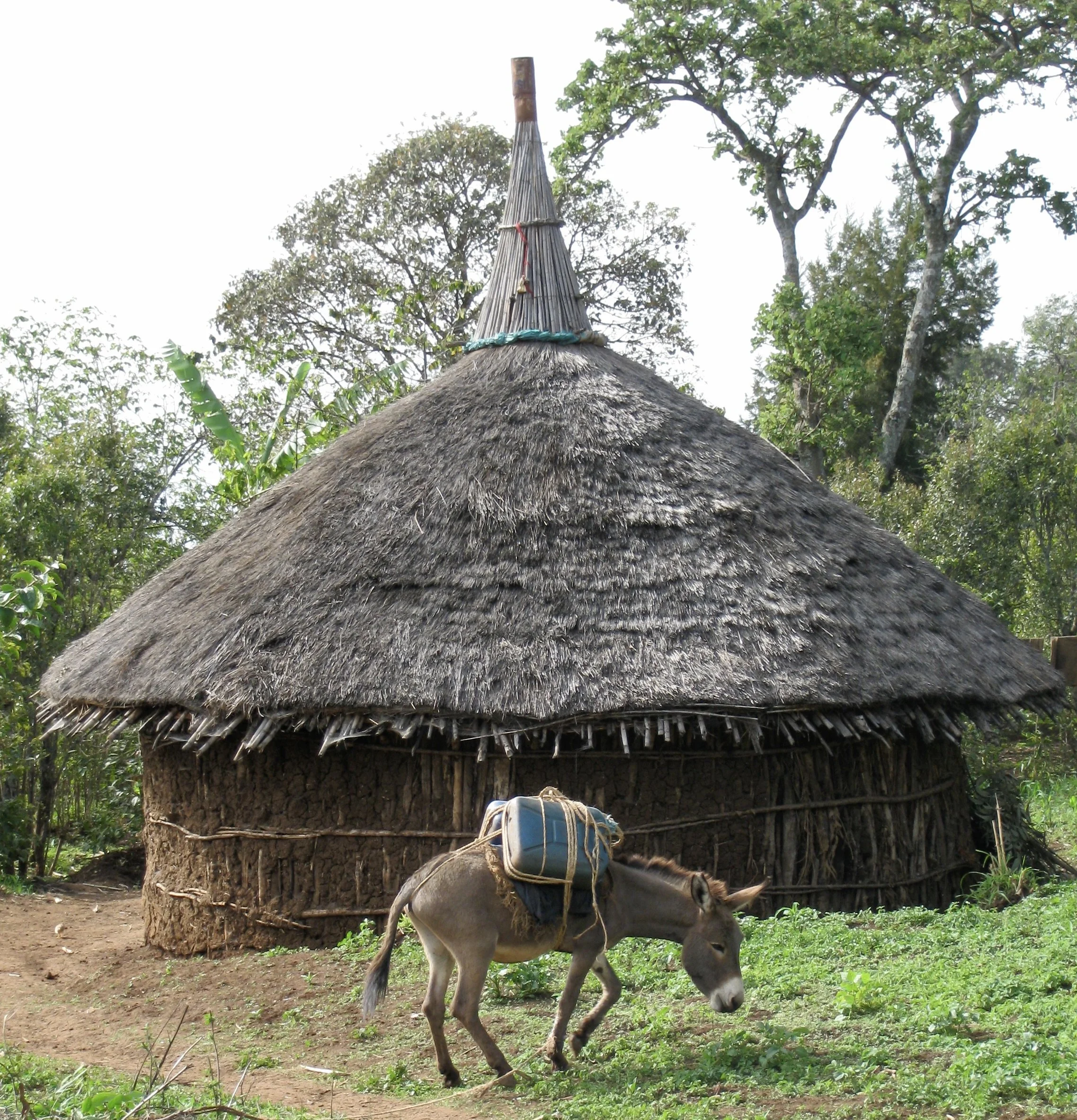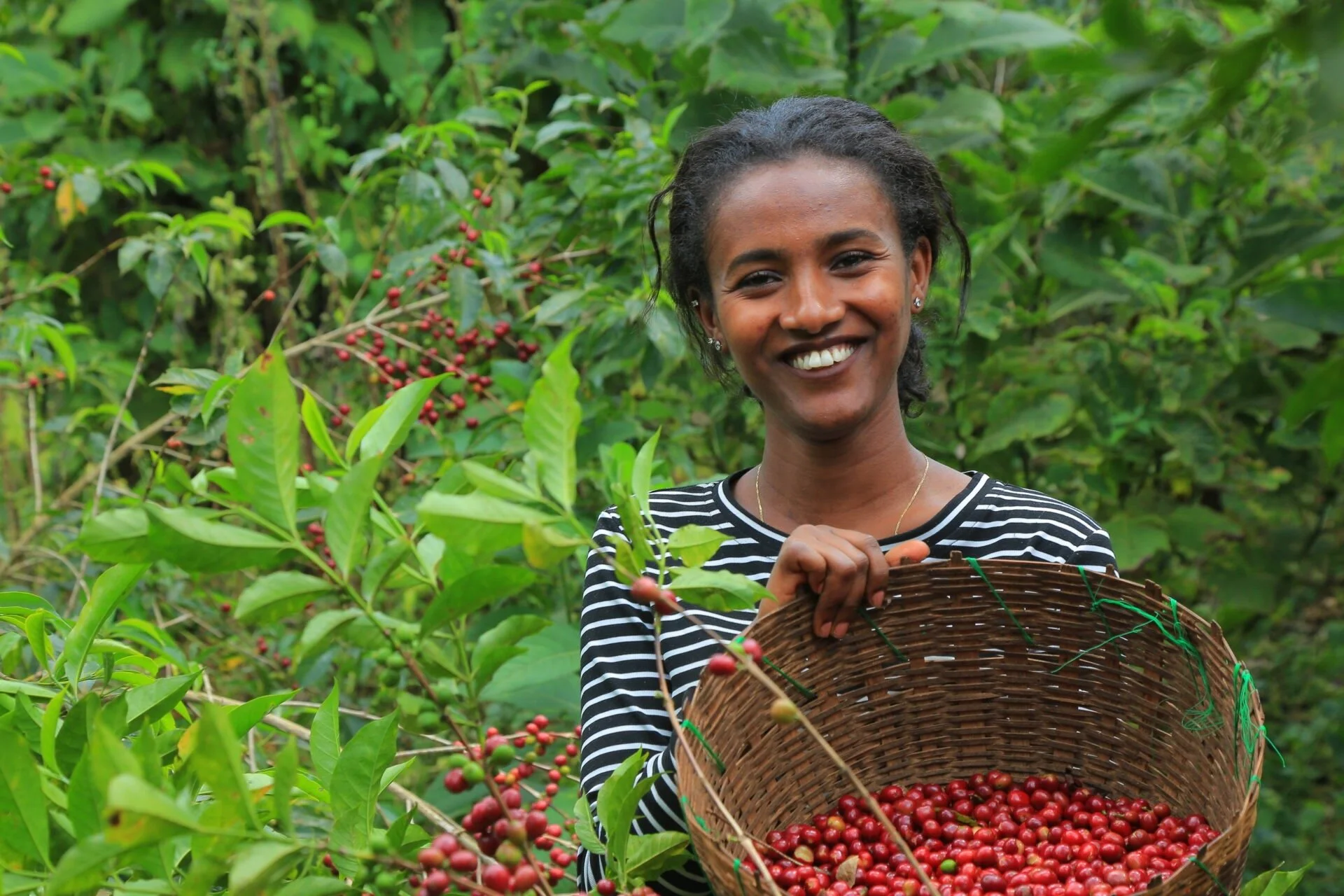Ethiopia Bound!
When it comes to sourcing coffee at origin, is it necessary for a U.S. coffee roaster to source on the ground in Africa? In most cases the answer is no. There are several exemplary green bean brokers out there selling excellent coffee from Africa so it is not like is a crucial destination for most green coffee buyers based in the United States.
Many specialty coffee roasters and green buyers operating in the USA are fortunate to usually live no more than two relatively painless flights away from major Central American coffee-producing countries, making that region the primary sourcing destination for most coffee roasters. Additionally, coffees from Kenya and Ethiopia do not make up the bulk of the average specialty coffee company’s offering sheet and usually these coffees are “showcase” coffees which are often too expensive to simply mix into a blend so the volume an American roaster would buy from Africa is usually tiny compared to the volume from Central or South America.
However, after operating a coffee roasting business for a few years, many who source coffee at origin start to think about the possibility of sourcing coffee in Africa. Why? Well for starters, the best coffee in the world is grown in Ethiopia and Kenya.
East Harar, Ethiopia 2010
Truly outstanding coffee can be grown in Rwanda and Tanzania and good coffee can be found in Uganda and Congo. So one medium-sized roaster could indeed source enough coffee in Africa for the journey to be worth it assuming harvest lines up timing-wise. ( I would often do Ethiopia and Kenya on one trip as their harvest times used to be pretty in-sync.)
Aside from looking at a trip to Africa from the business perspective, there is also the romance of it; the wonder of going to the Birthplace of Coffee and, certainly, the “street-cred” that comes when you instagram pictures from a farm in Sidama or a mill in Kirinyaga. In many ways, a sourcing trip to Africa can legitimize a coffee roasting company. “Any US roaster can get to Guatemala, but only the few and the great ones can source on the ground in Africa….”
Sorting Coffee, Harar, 2010
Of all the African coffee-producing countries, Ethiopia is probably my favorite. While Kenya boasts a long tradition of producing some of the most intense, complex, and delicious coffee the world has ever seen, Ethiopia has a much longer coffee-growing tradition and produces a wider range of coffee flavors given the climate, varietals grown there, and processing styles. Until very recently, coffee in Kenya was 100% washed. Mills and farms in Ethiopia have used washed, natural, and more recently honeyed processing for a long time now.
The flavors present in an excellent Ethiopian coffee can rival the best Geisha coffees from Panama, which makes sense considering the Geisha varietal was first discovered in Ethiopia; stone fruit, black tea, dried blueberries, raspberries, jasmine, mango, cinnamon, orange, kiwi, I could go on and on and on…
I really don’t think the silly “Co-Ferment” craze would be as crazy if more people simply turned to great coffees coming out of Ethiopia. Everything one can taste in co-ferments can be found in coffees from Ethiopia with the same level of intensity. And, while some decent ones exist most co-ferments suck, but I will save that topic for another blog at another time that is coming very soon.
Ethiopia not only produces great coffee, but also the beverage is an important part of the culture and plays a big part in the daily lives of the Ethiopian people. Sadly, many citizens of other coffee-growing countries do not get to enjoy their best coffee and, also sadly, coffee is not a huge part of their everyday lives. Once you witness a coffee ceremony in Ethiopia, however, you realize just how precious coffee is to Ethiopians. In many ways, coffee is a centerpiece of Ethiopian culture.
Coffee Ceremony, Harar, Ethiopia, 2010.
Getting to Ethiopia is not easy or cheap for a company based in most parts of the USA which is why really lucked out on my first trip to Ethiopia in 2010. I was invited to be part of a contingent of coffee roasters on a USAID sponsored trip to the famed Harar region of Ethiopia.
When USAID was sadly cut earlier this year, many did not fully appreciate the crucial work USAID has done on the ground in coffee-growing countries to help make the crop more more profitable for those who grow it. Coffee growing is rarely a profitable endeavor and most coffee is grown in developing countries under difficult economic, social, and political conditions, yet most coffee is consumed in developed, wealthy countries. USAID has been on the ground in these coffee-growing countries for decades, assisting farmers with not only infrastructure needs, but technical advice which has only helped farmers to make the crop more sustainable for all parts of the supply chain.
The goal of this particular trip I was invited to join was to connect coffee growers with buyers so growers could get a better understanding of what buyers were looking for and how they could best achieve this through better farming and processing methods. We spent days traveling through the famed Harar region, meeting coffee growers and cupping coffee side-by-side with those who grew it.
Drinking Coffee with Farmers in Harar, 2010.
We even spent one night camping on an elementary soccer field in the remote reaches of Harar. The school-aged children in the area were thrilled to meet us and we felt a little like rock stars as everywhere we went, crowds of curious kids would form, always smiling and wanting to meet us and to welcome us.
East Harar, 2010
East Harar, 2010
The experience was incredible and one I will never forget. I can only hope the farmers got a lot out of the experience as well.
East Harar, 2010
Luckily Bird Rock Coffee continued to thrive over the years and afforded me the opportunity to return to Ethiopia several times.
It was always a thrill when coffees from Africa arrived at the roastery. There was a distinct buzz in the roastery when our first batch of fresh-crop Ethiopian coffee went into the roaster and we just couldn’t wait to cup it. What would the tasting journey be like for this new coffee? Happily, the excitement over coffees from Ethiopia continues here at Chuck’s Roast!
Last year we offered a lovely washed coffee but this year we are offering a more direct natural coffee from Gedeo, Ethiopia. This coffee comes to us via the Lalesa Coffee Auction sponsored by Ephatah Specialty Coffee. Ephatah is a mill that was founded by Wubit Bekele with the intent of empowering women producers in the Gedeo region of Ethiopia. The coffee is absolutley superb and a great example of what a dry-processed coffee from Ethiopia can be.
You can learn more about this wonderful coffee here.


